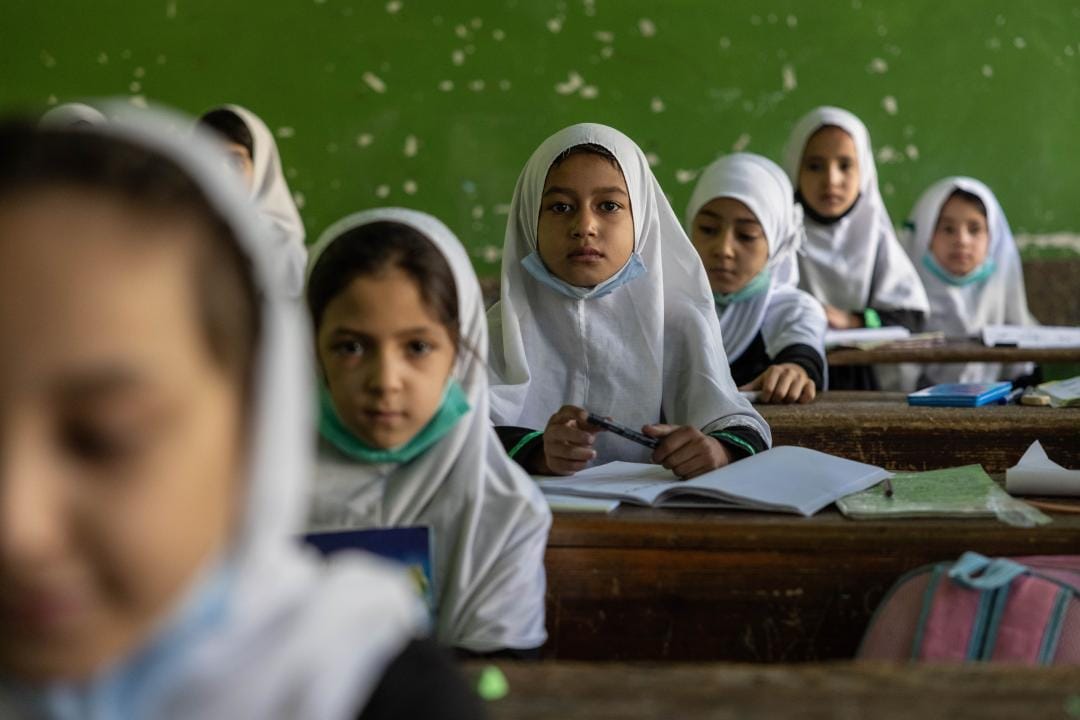Taliban imposes strict restrictions on women's rights in Afghanistan
Upon returning to power in 2021, the Taliban installed one of the world's most regressive governments, especially with regard to women's rights. The new regime in Kabul started imposing even stricter rules on women in the final weeks of 2022, with a pair of heavy-handed rulings banning them from studying in universities and working for NGOs.
Aid organizations pause operations in response to Taliban's edicts
In response to the Taliban's strict rulings, many aid organisations paused their operations, sparking fears of greater misery as horrified Western donors threatened to cut aid and impose further isolation on Afghanistan's beleaguered economy. The December 2022 edicts on women's higher education and employment in NGOs stunned even some Taliban officials who, dumbfounded by the tough orders they were asked to enforce, asked their bosses to reconsider. Students walked out of classrooms, and protesters chanted in the streets, but Taliban forces quashed all dissent.
Rolling back women's rights hurts Afghanistan's economic recovery
Rolling back the rights of women and girls oppresses half the population while sabotaging the Taliban's other efforts at post-war economic recovery. The obscurantist edicts emanate from the Taliban leader, or emir, Hibatullah Akhundzada, who shrouds himself in secrecy in Kandahar.
Western reactions could harm Afghan civilians, especially women
Shocked by the Taliban's behaviour, some foreign actors are reconsidering their role in the country. Engagement with the regime was already limited, as most Western embassies were shuttered when the Taliban took over in August 2021. While international disgust with the Taliban's policies is more than understandable, backlash from Western capitals against them could be equally damaging to Afghans – particularly women, who are disproportionately affected by the crisis.
Donors should prioritize humanitarian aid and long-term social change
Two thirds of the population, or 28 million people, will need humanitarian assistance in 2023. Kneejerk reactions, such as cutting aid budgets, extending sanctions and inflicting other punishments, would have devastating effects on regular Afghans. Donors could better assist by funding humanitarian appeals, supporting principled aid delivery, focusing on long-term social change, and addressing the causes of the disaster.
The Taliban's actions exacerbate a crisis created by decades of war and Western intervention
Still, Western governments share some responsibility for the crisis: the country's infrastructure remains broken by decades of war in which they participated; farmers' crops are failing in part because of climate change disproportionately generated by the West; and some of the Afghan economy's dysfunction stems from Western isolation and seizure of Afghan state assets deposited abroad. Leaving aside the question of who created the crisis, women, minorities and the poor are suffering its worst consequences. Pulling out of Afghanistan in the name of women's rights when such a move will make their situation worse is a contradiction in terms.




